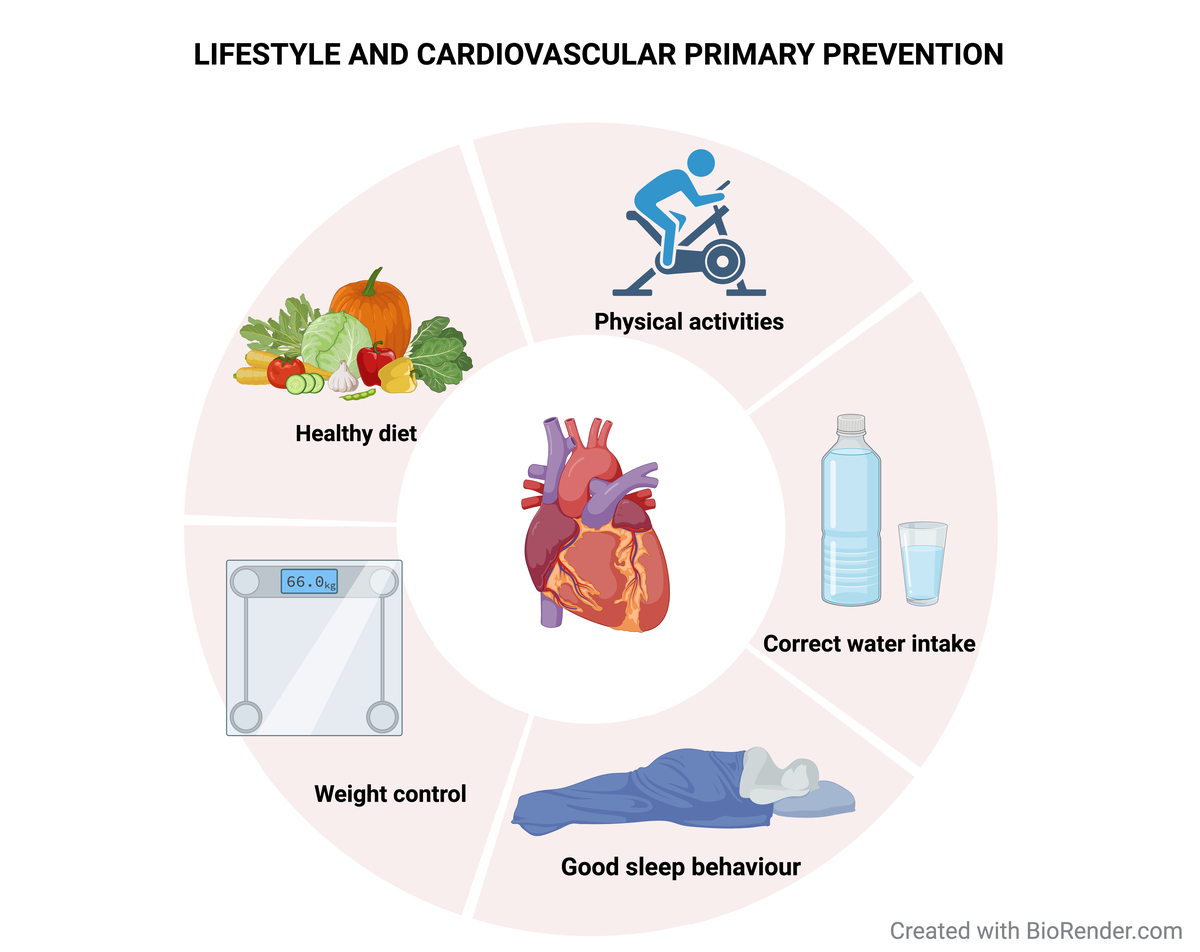Health is not a fixed state but an ongoing process influenced by our habits, environment, and daily decisions. This article explores three essential pillars for a balanced and healthy life: prevention, nutrition, and well-being. Together, they form a solid foundation for improving quality of life and reducing long-term risks.
1. Prevention: The Key to Long-Term Health
Prevention means anticipating health problems before they appear. Adopting preventive measures not only reduces disease risk but also increases longevity and promotes a more conscious lifestyle.
1.1. Regular Medical Check-ups
Routine examinations allow early detection of conditions such as hypertension, diabetes, or vitamin deficiencies.
Example:
A 45-year-old who undergoes annual check-ups may detect early hypertension and correct it through lifestyle changes, preventing future heart problems.
1.2. Up-to-date Vaccinations
Vaccines protect against potentially serious illnesses and help safeguard individual and collective health.
Example:
Staying current with the flu vaccine reduces the risk of infection during winter, especially for those with weakened immune systems.
1.3. Hygiene Habits
Simple practices like regular handwashing or disinfecting surfaces significantly reduce the risk of infections.
2. Nutrition: The Body’s Fuel
Proper nutrition is one of the most influential factors in physical and mental health. It provides energy, strengthens the immune system, and helps prevent chronic diseases.
2.1. Balanced Diet
A healthy diet should include lean proteins, complex carbohydrates, healthy fats, fruits, and vegetables.
Example of a balanced meal:
- Grilled chicken breast
- Quinoa with vegetables
- Spinach salad with avocado
- Fresh fruit for dessert
2.2. Consistent Hydration
The body needs water to digest food, regulate temperature, and eliminate toxins.
Example:
Drinking 6–8 glasses of water per day can improve concentration, reduce headaches, and support digestion.
2.3. Avoiding Excess
Limiting added sugars, ultra-processed foods, and trans fats is key for protecting cardiovascular health.
3. Well-Being: Achieving Mind-Body Balance
Well-being goes beyond the absence of illness. It includes emotional, social, and mental health. Taking care of it is essential for managing stress and improving overall quality of life.
3.1. Regular Physical Activity
Exercise strengthens the heart, improves mobility, and releases endorphins—the body’s natural mood boosters.
Example:
Walking for 30 minutes, five times a week, reduces the risk of heart disease and improves mood.
3.2. Stress Management
Techniques such as meditation, yoga, or deep breathing help control anxiety and maintain calm.
Example:
Dedicating 10 minutes a day to breathing exercises can reduce muscle tension and improve focus at work.
3.3. Restorative Sleep
Sleeping 7–9 hours allows the body to recover, regenerate tissues, and maintain hormonal balance.
Conclusion
The pillars of health—prevention, nutrition, and well-being—are accessible to everyone. Small daily actions can make a huge long-term difference: a timely medical visit, a healthy meal, or a few minutes of meditation can transform your quality of life. Investing in health today ensures a more balanced and fulfilling future.
